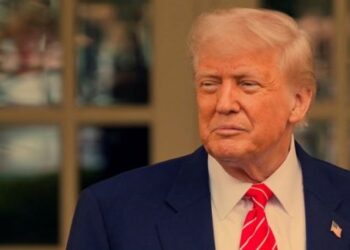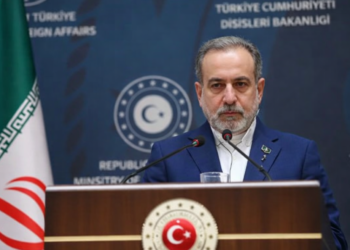The statement from the Presidency that President Bola Tinubu has no plans of staying in power beyond 2031 raises bigger questions than the one it tried to settle. Yes, the Special Adviser Bayo Onanuga was clear that Tinubu is a democrat and won’t become Nigeria’s Paul Biya, but Nigerians are left asking: why is a second term already looking like an entitlement? Must every president rule for two terms?
The Obsession With Two Terms
In Nigeria’s politics, the idea of “two terms” has almost become a badge of honour. It is as though serving only four years is a sign of weakness or failure. Leaders hardly ever stop to ask if the people even want them to continue. Instead, they assume a second term is a natural right, a guaranteed continuation of power, no matter how the first term plays out. That mentality is why arguments about 2027 are already heating up while the problems of today remain unsolved.

El-Rufai’s warning that Tinubu is moving like Cameroon’s Paul Biya may sound extreme, but it touches on a fear many Nigerians have. The fear is not just about Tinubu himself but about a culture where power is clung to as though the country would collapse without one man in charge. Nigeria has suffered too much under rulers who believed they were indispensable. The fact that the Presidency had to quickly reject the “life president” label shows that the comparison, though uncomfortable, struck a nerve.
Democracy or Power Game?
If democracy is truly about the people, then 2027 should not be about Tinubu’s ambition but about the will of Nigerians. Yet, politics in Nigeria is rarely framed this way. It becomes a fight of personalities, not policies. When leaders talk about democracy, it often sounds more like defending their seat than defending the people’s rights. Nigerians are left wondering if democracy is just another word politicians use to protect their ambitions.
What this drama really reveals is how Nigeria’s democracy has been reduced to a game of survival for politicians. Nobody is asking if four years is enough to leave a legacy. Nobody is saying leaders should serve and step aside if that is what the people want. Instead, the noise is about defending 2027 before 2025 is even over.
Final Word
The Presidency may claim Tinubu is not Nigeria’s Paul Biya, but the truth is, Nigerians do not want to be debating another leader’s longevity in power when hunger, insecurity, and poverty are everywhere. Whether Tinubu seeks re-election or not, the real question should be whether Nigerians feel his government is worth another four years. Until our politics shifts from entitlement to accountability, the fear of “life presidents” will never truly go away.

















